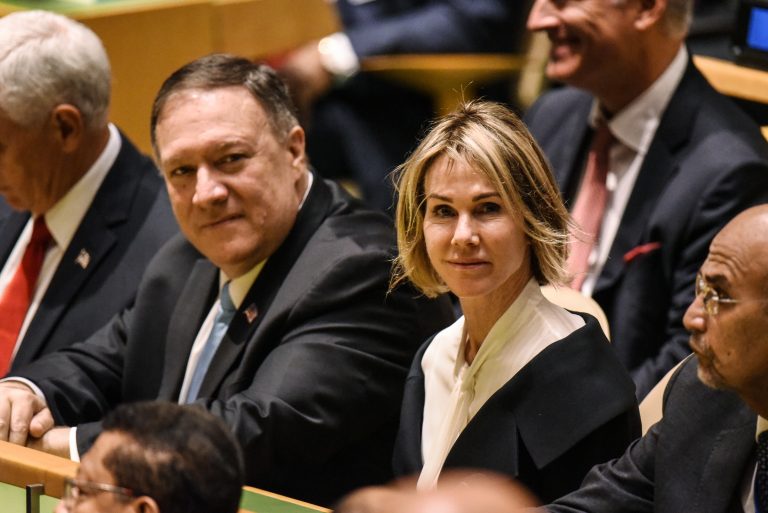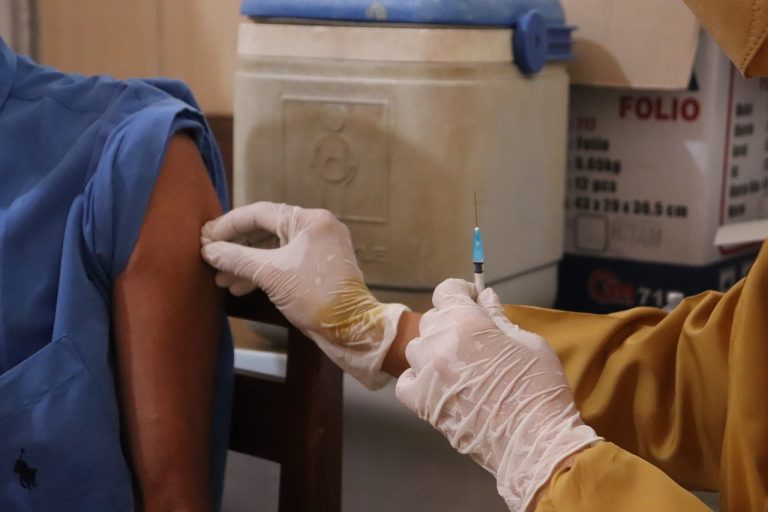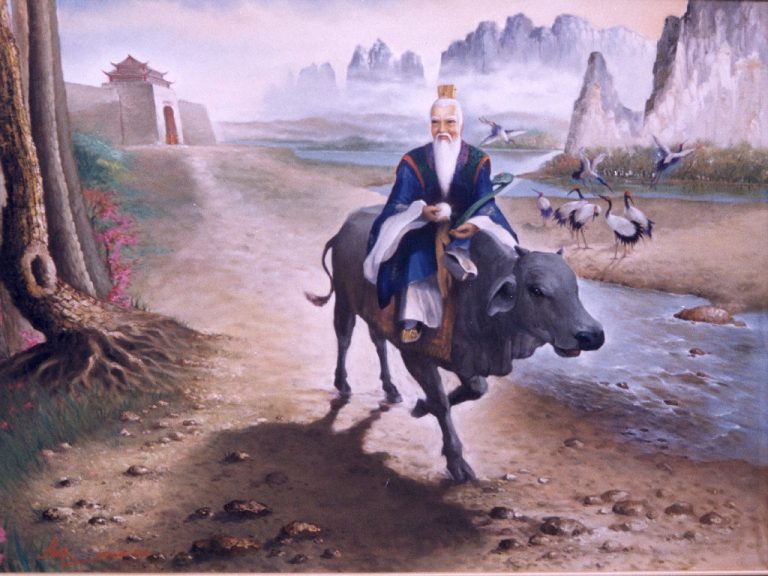Kelly Craft, the U.S. Ambassador to the United Nations, will be making a 3-day trip to Taiwan between Jan. 13 and 15. She will meet with various Taiwanese diplomats and is the third senior American official to visit the island democracy in the past six months.
Under-Secretary of State Keith Krach, and Health and Human Services Secretary Alex Azar are the two senior officials who had recently visited Taiwan, heightening its international profile. Craft is known to be a strong supporter of including Taiwan — formally known as the Republic of China (ROC) — in the UN.
In one of her recent seminars, Craft highlighted the difference between mainland China’s human rights abuses and Taiwan’s democratic system, calling the latter a “force for good” in the world.
The ROC used to rule mainland China before being driven to Taiwan in 1949 by communist rebels. In the 1970s, Taiwan lost its UN seat to the communist People’s Republic of China (PRC).

“During her trip, the Ambassador will reinforce the U.S. government’s strong and ongoing support for Taiwan’s international space, in accord with the U.S. one-China policy that is guided by the Taiwan Relations Act, the three U.S.-PRC joint communiques, and the Six Assurances to Taiwan. Ambassador Craft will also deliver remarks on January 14 at The Institute of Diplomacy and International Affairs on Taiwan’s impressive contributions to the global community,” the United States Mission to the United Nations said in a statement.
Success
You are now signed up for our newsletter
Success
Check your email to complete sign up
The visit is being seen as a provocation by Communist China, which threatened Washington that it is “playing with fire.” A spokesperson for China’s mission to the UN asked Washington to “stop its crazy provocation” and warned that it will pay a heavy price for its action.
Meanwhile, a spokesperson for the ROC government said that Craft’s visit would be a symbol of friendship between the U.S. and Taiwan and will help strengthen the partnership between the two nations. U.S. Secretary of State Mike Pompeo said that Washington was sending Craft to Taiwan to show “what a free China could achieve.”
In 1979, the U.S. government ended its diplomatic relations with the ROC in order to strengthen ties with Beijing. However, the Taiwan Relations Act that was signed into law that year authorizes the state to sell military equipment to Taiwan. Following the election of Donald Trump in 2016, U.S. authorities have taken action to boost relations with Taipei.
In a Jan. 7 Twitter post, Pompeo described the strengthening of the U.S.-ROC alliance under the Trump administration. In three years, Washington has authorized over $15 billion in defense sales to Taiwan under Trump, $1 billion more that of Obama’s entire 8-year term.
Cui Liru, a senior researcher at the Taihe Institute, believes that ties with Taiwan will soften under the incoming Biden administration. However, Joe Biden will be unable to immediately return to the pre-Trump approach, which sidelined Taiwan’s diplomatic status in favor of warmer “engagement” with Beijing.
“The Trump administration and [Taiwan President] Tsai Ing-wen will spare no efforts to promote US-Taiwan relations until Trump hands over power. Their purpose is to raise US-Taiwan relations to a height that the Biden administration cannot reverse… Although Biden will not handle US-Taiwan relations like Trump has, his administration won’t be able to take significant actions to reverse the current situation soon after he takes office, because there are more urgent domestic issues to be resolved,” Cui told the South China Morning Post.
U.S.-Taiwan military cooperation is also a big source of worry for the PRC. In November 2020, Rear Adm. Michael Studeman, head of U.S. Indo-Pacific Command’s intelligence directorate, visited Taiwan on an undisclosed trip. This infuriated Beijing, which vowed to respond in kind. Studeman countered that such trips are normal, and are necessary to ensure that the U.S. and Taiwan are ready to counter aggression by mainland China in the region.
Follow us on Twitter or subscribe to our email list













